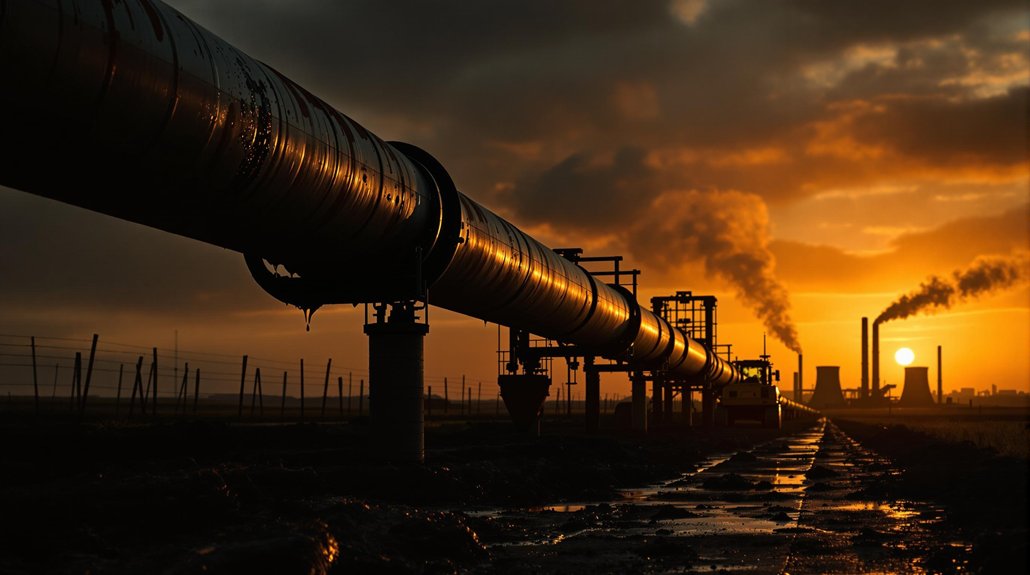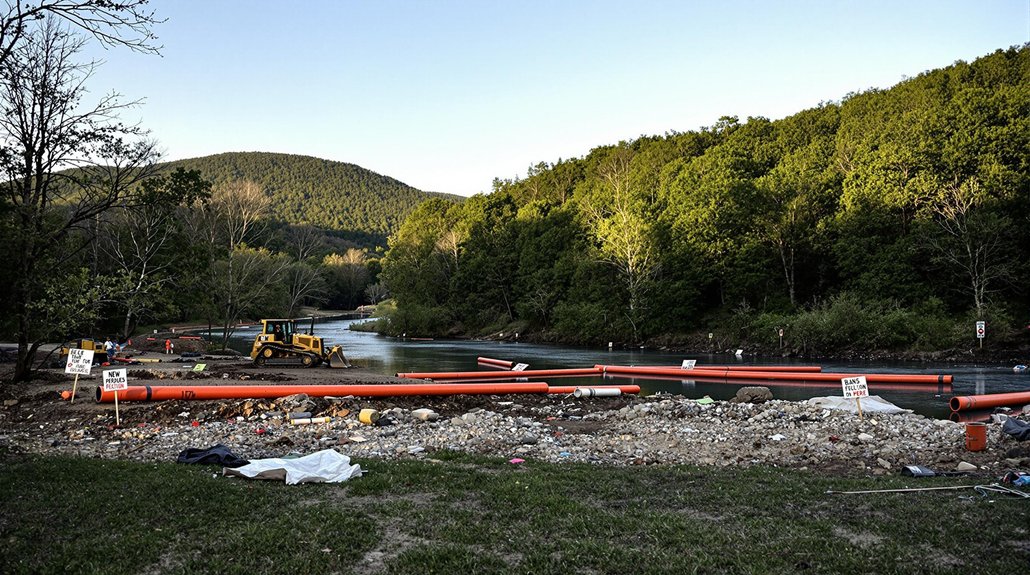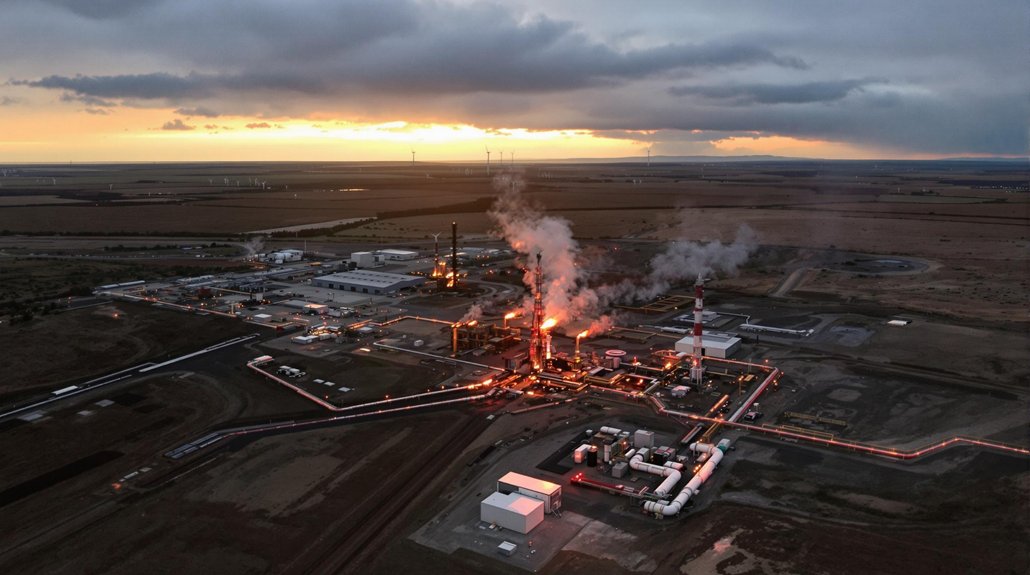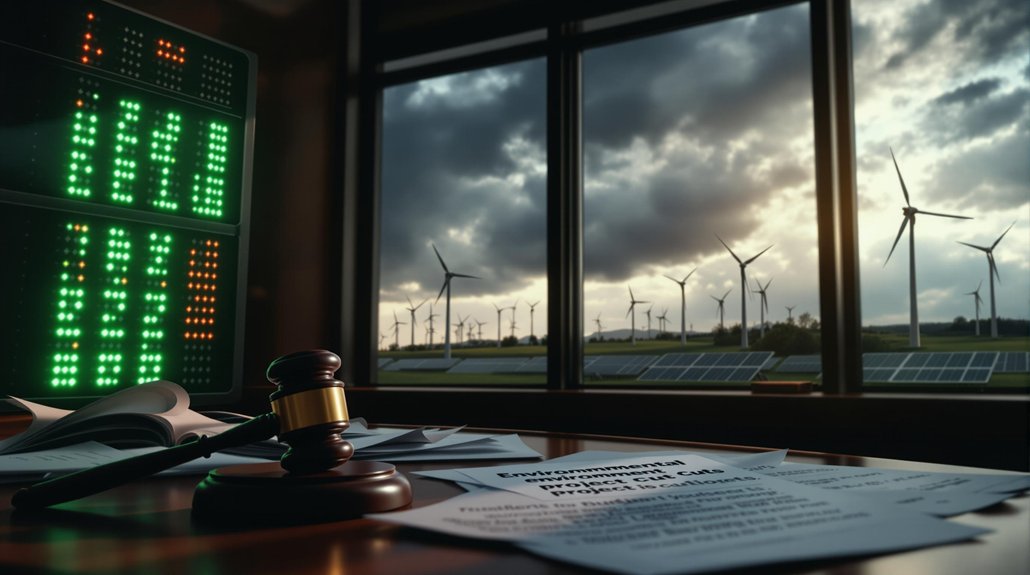Trump’s administration is rolling back key pipeline safety regulations while appointing industry insiders to regulatory positions. Former pipeline lobbyist Ben Kochman now serves as acting administrator of PHMSA, while half the agency’s senior leadership has departed. This comes as pipeline accidents reach their deadliest period in over a decade. Legal challenges from energy companies could further weaken enforcement mechanisms. The changes may disproportionately impact vulnerable communities across America.
The Trump administration is rolling back key pipeline safety regulations, raising concerns about public health and environmental protection. The administration recently withdrew proposed carbon dioxide safety regulations that were created after a 2020 pipeline failure in Satartia, Mississippi, where nearly 50 people were hospitalized with “zombie”-like symptoms from a pressurized CO2 leak.
The withdrawal aligns with Trump’s deregulatory executive order and comes as former industry insiders take over key regulatory positions. Ben Kochman, a former pipeline industry lobbyist, has been appointed as acting administrator of the Pipeline and Hazardous Materials Safety Administration (PHMSA). Paul Roberti, the agency’s former chief attorney, has been nominated for the permanent position, while Sean Duffy, a former GOP congressman and pipeline lobbyist, was selected as Transportation Secretary.
These appointments have been celebrated by industry lobbying groups but have raised concerns about regulatory capture. The timing is particularly troubling as carbon capture projects requiring thousands of miles of new pipelines are being planned, with no safety regulations yet implemented for this new infrastructure. Investigations revealed that Denbury, the pipeline operator in Mississippi, faced a $2.9 million penalty for negligence in addressing operational risks.
In another challenge to oversight, Energy Transfer has filed a lawsuit claiming PHMSA’s in-house enforcement system is unconstitutional. The company wants to move enforcement to federal courts with jury trials, which could greatly slow down and reduce enforcement actions.
Adding to these concerns is a mass exodus of PHMSA senior leadership, with over half of the senior executives departing within three months. This leaves the agency without key leadership as it faces major safety challenges. The situation is further complicated by safety advocates arguing that reliance on industry self-regulation is insufficient to protect public health.
Recent pipeline safety incidents highlight the risks of reduced oversight. A leaking jet fuel pipeline contaminated drinking water in Pennsylvania, while Energy Transfer faced a $30 million fine for repeated spills. The period from 2023-2024 has been the deadliest two-year period for pipeline accidents in over a decade.
Critics warn that deregulation could increase the risk of accidents, reduce corporate accountability, and disproportionately impact low-income and minority communities located near pipelines.








